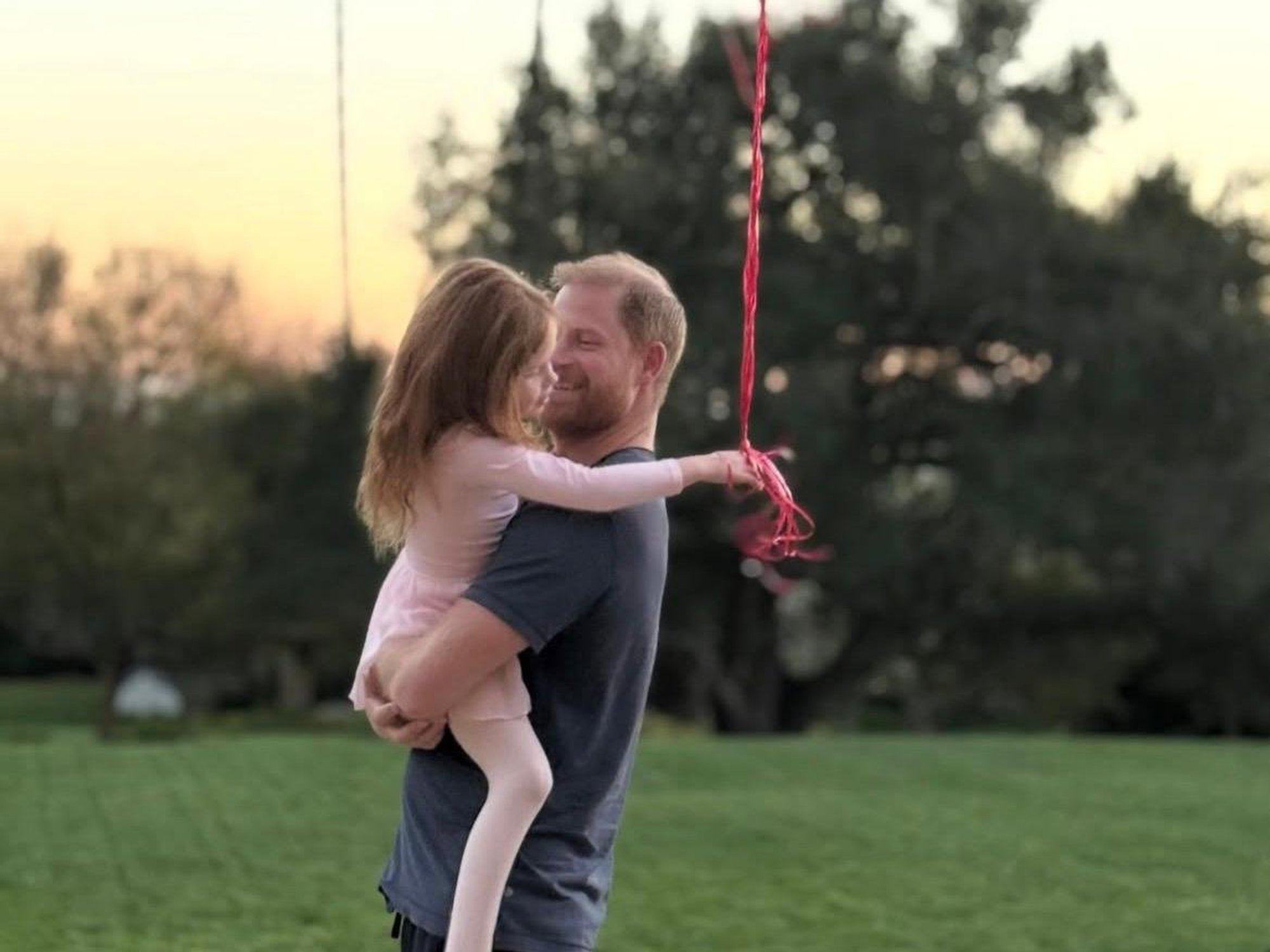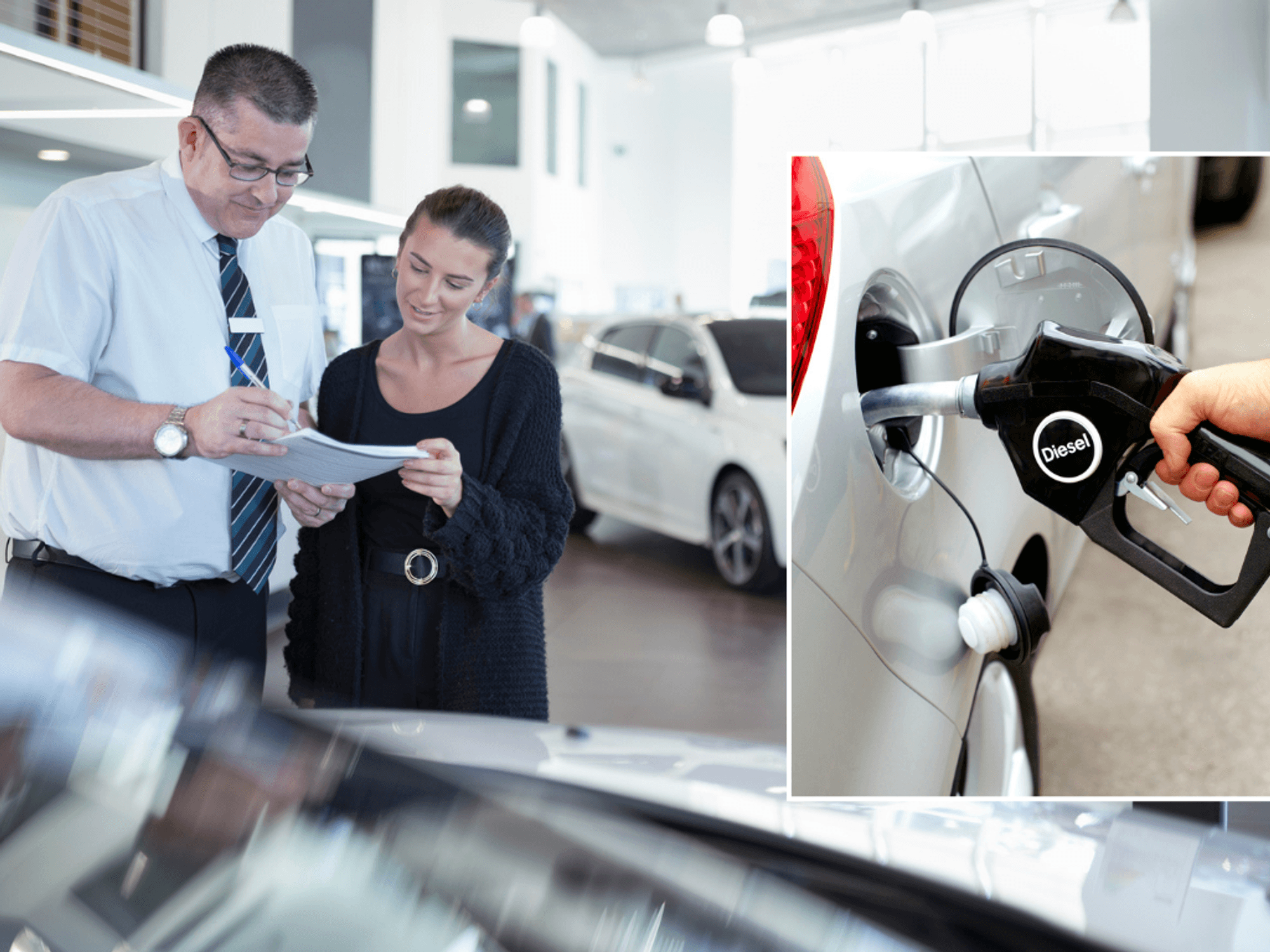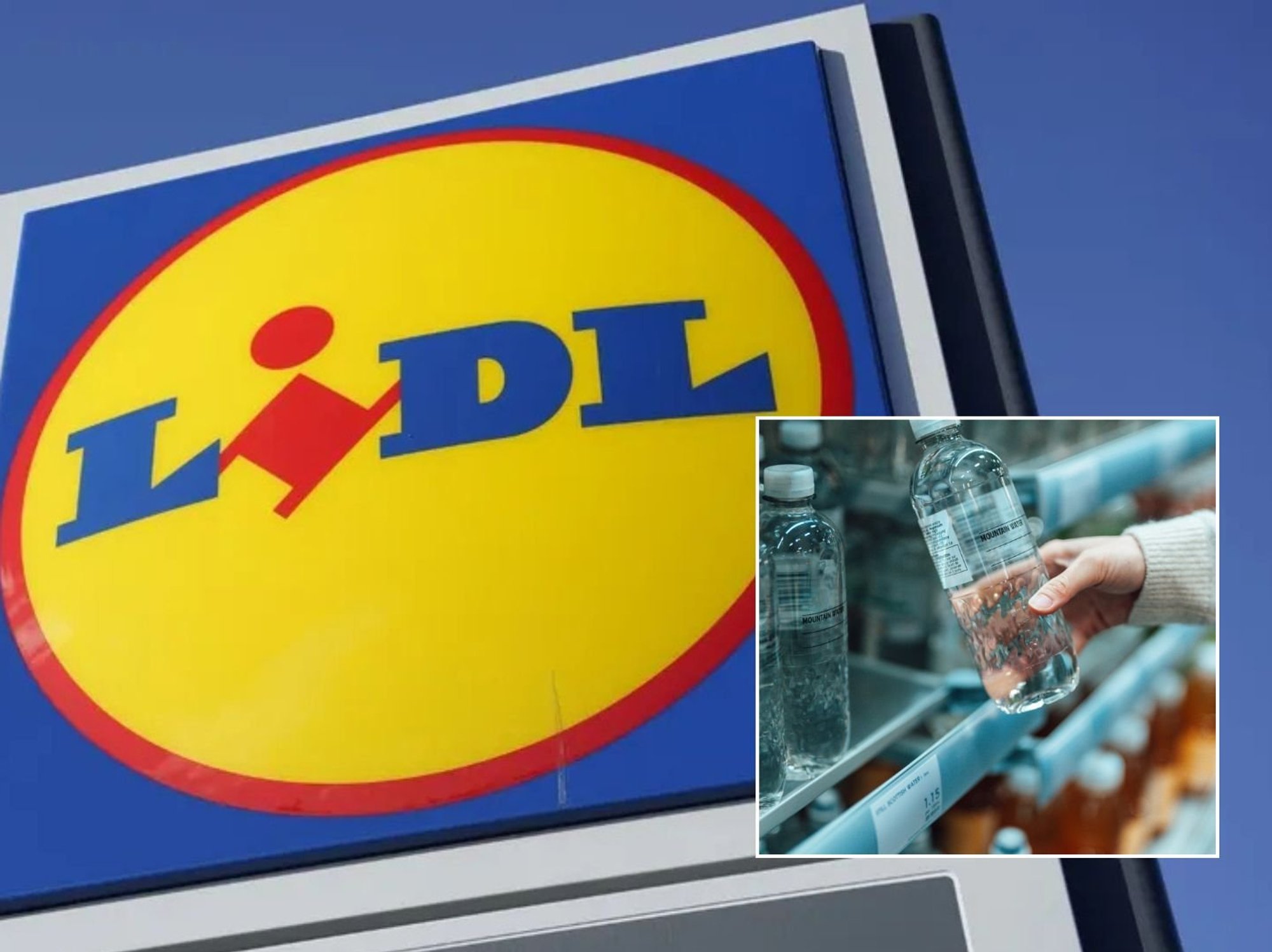'More for the NHS to do!' Eamonn Holmes grills Labour minister on 'out of hours' diagnostic centre expansion
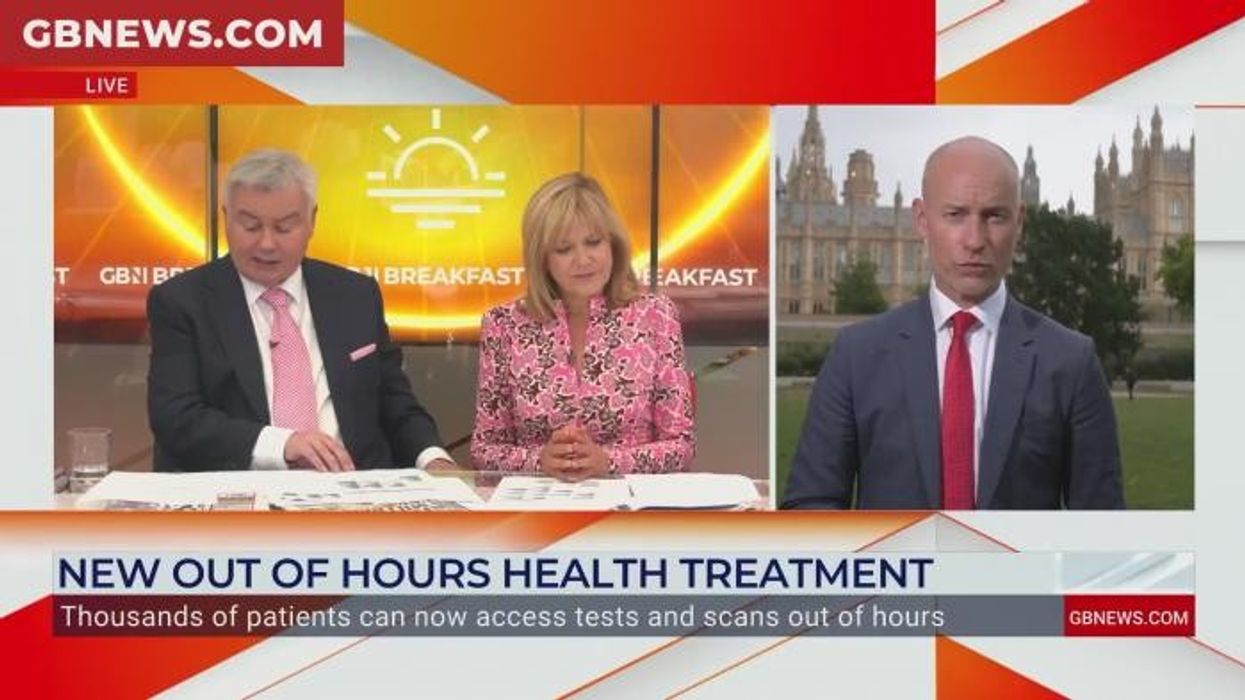
WATCH NOW: Eamonn Holmes grills Labour minister on 'out of hours' diagnostic centre expansion
|GB NEWS

Some 100 NHS Community Diagnostic Centres across Britain are now open 12 hours a day, seven days a week
Don't Miss
Most Read
Trending on GB News
GB News host Eamonn Holmes has cast huge doubt over Labour's expansion to Community Diagnostic Centres, stating it is simply "more for the NHS to do".
Grilling Labour's Care Minister Stephen Kinnock on the expansion, he argued that running "out of hours" treatment centres would "take the pressure off" the main healthcare hubs.
In a bid to provide more availability to patients, Britons can get checks, tests and scans done "out of hours" at 100 community-based diagnostic centres, which are now open 12 hours a day and seven days a week.
**ARE YOU READING THIS ON OUR APP? DOWNLOAD NOW FOR THE BEST GB NEWS EXPERIENCE**
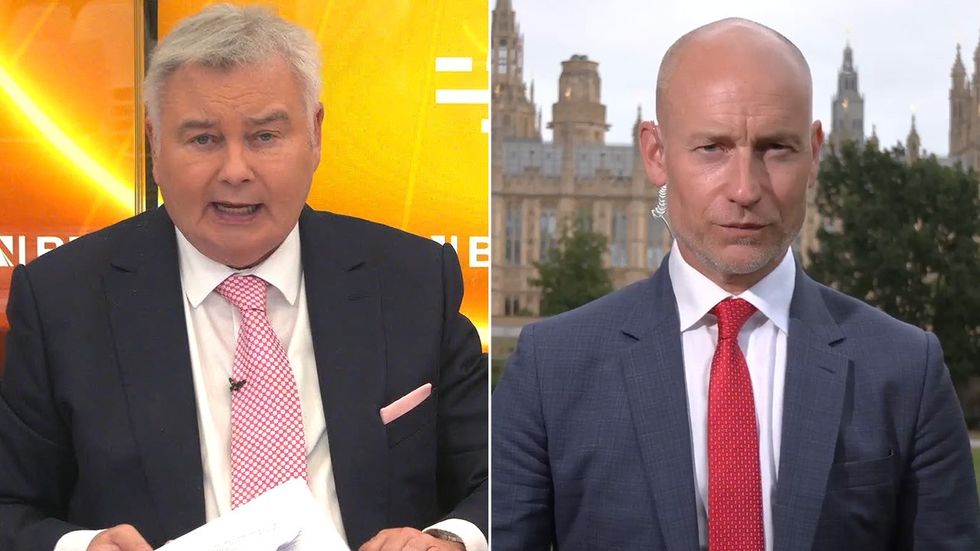
Eamonn Holmes quizzed Stephen Kinnock on the expansion of Community Diagnostic Centres, arguing they will put 'even more pressure' on the NHS
GB NEWS
Pressing Mr Kinnock on when the expanded centres would be open, he explained: "It is from today. So there are about 170 community diagnostic centres around England, and today is important because 100 of those 170 are now open 12 hours a day, seven days a week.
"So for us, that's a really important milestone because it's about giving people that easy access, that more rapid diagnosis."
Questioning Mr Kinnock on the extra pressure the centres will place on the NHS, Eamonn interjected: "I understand what you're trying to do and hopefully it works, but isn't there a danger?
"It just simply puts more pressure on the NHS, and it's just more for the NHS to do?"
LATEST DEVELOPMENTS:
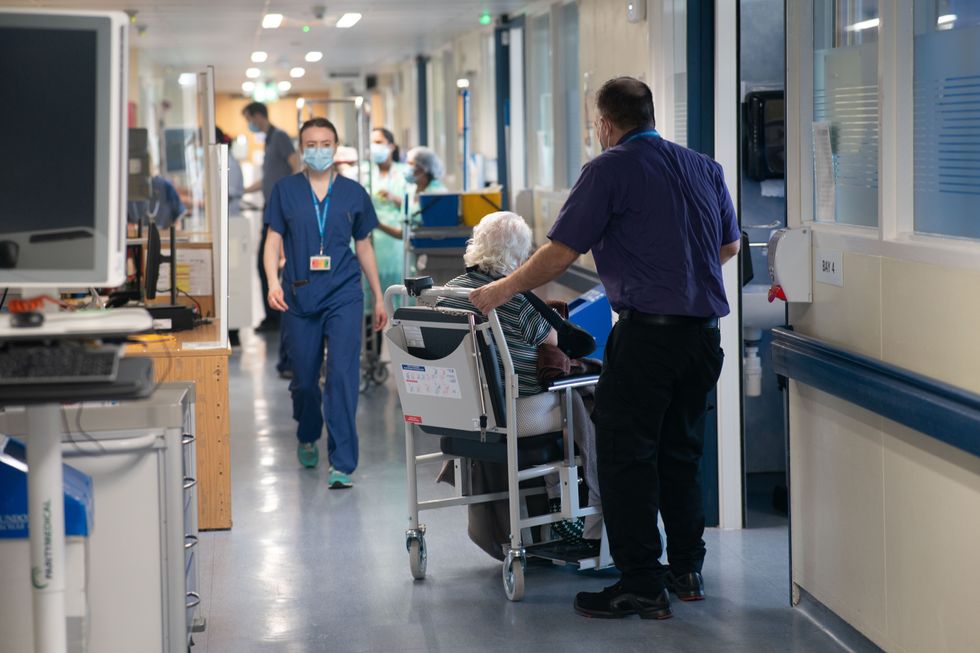
100 NHS Community Diagnostic Centres are now now open 12 hours a day, seven days a week
| PAMr Kinnock responded: "Well, I think it'll take pressure off the outpatient appointment. So right now we've just too much pressure on outpatient appointments in secondary and acute care, and also all the pressure we're seeing on accident and emergency.
"So by shifting that out of hospitals into the community, you're getting that pressure being taken off.
"And of course, the good thing with the Community Diagnostic Centre is it's important that you get a diagnosis if you are not well or if you get that x-ray, which really shows how the progress you're making on your hip operation or whatever it might be. But it's also important in terms of ruling things out."
He added: "So it takes pressure off the NHS, when people think there might be an issue and you get the MRI scan, you get the CAT scan, and it says, 'nope, you've got a clean bill of health, nothing to see here', that helps take pressure off the system as well."
Highlighting the issues she has personally faced with using the NHS, Breakfast host Penny Smith questioned Mr Kinnock on the lack of "communication" within the healthcare system.
Penny explained: "Eamonn and I have had experience with the NHS fairly recently, and the one problem it seems to both of us is about who communicates with whom and how it goes on from there.
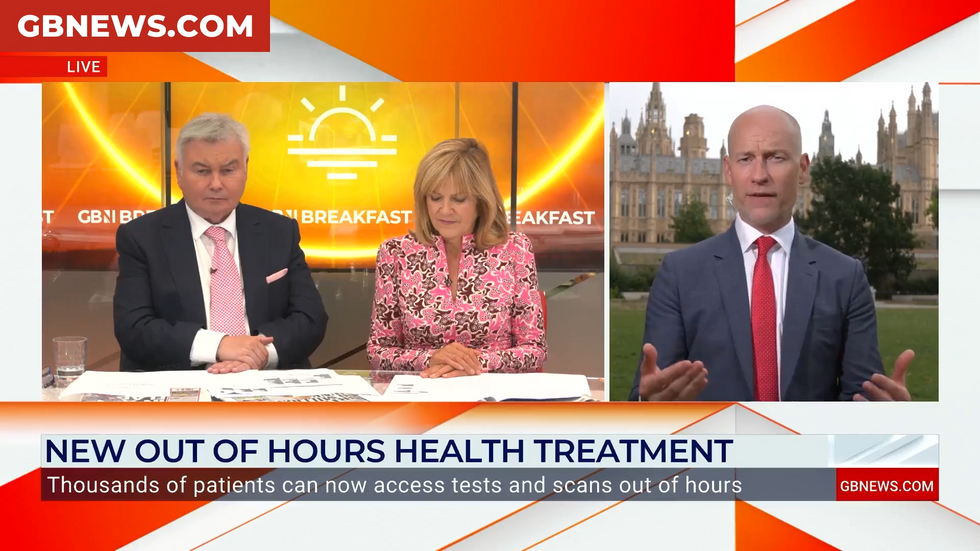
Mr Kinnock told GB News that the NHS has 'got to get better at harnessing technology'
|GB NEWS
"Should we just get used to carting our own stuff around? Should we get the letters all sent to us? Because that seems to be where it all kind of slightly falls apart."
Mr Kinnock responded: "Well, the shift from analogue to digital is right at the heart of our ten-year plan. You're right, it's crazy that in this day and age, some parts of the NHS are still sending faxes to each other.
"Sometimes people are getting letters to confirm appointments two or three days after the appointment was actually supposed to take place.
"So we're changing all of that with our NHS App, which is getting more and more take-up, where you can book and reschedule appointments, you can get important information about your diagnosis, and your GP can easily refer you to one of the Community Diagnostic Centres."
He concluded: "So we've got to get better at harnessing technology. Obviously, we know that there are people who are not that comfortable with technology, and we've also got to make sure that they are able to use the telephone if they want to, or even still communicate by letter.
"But slowly but surely we are moving to a digital NHS and that can only be a good thing."
More From GB News







